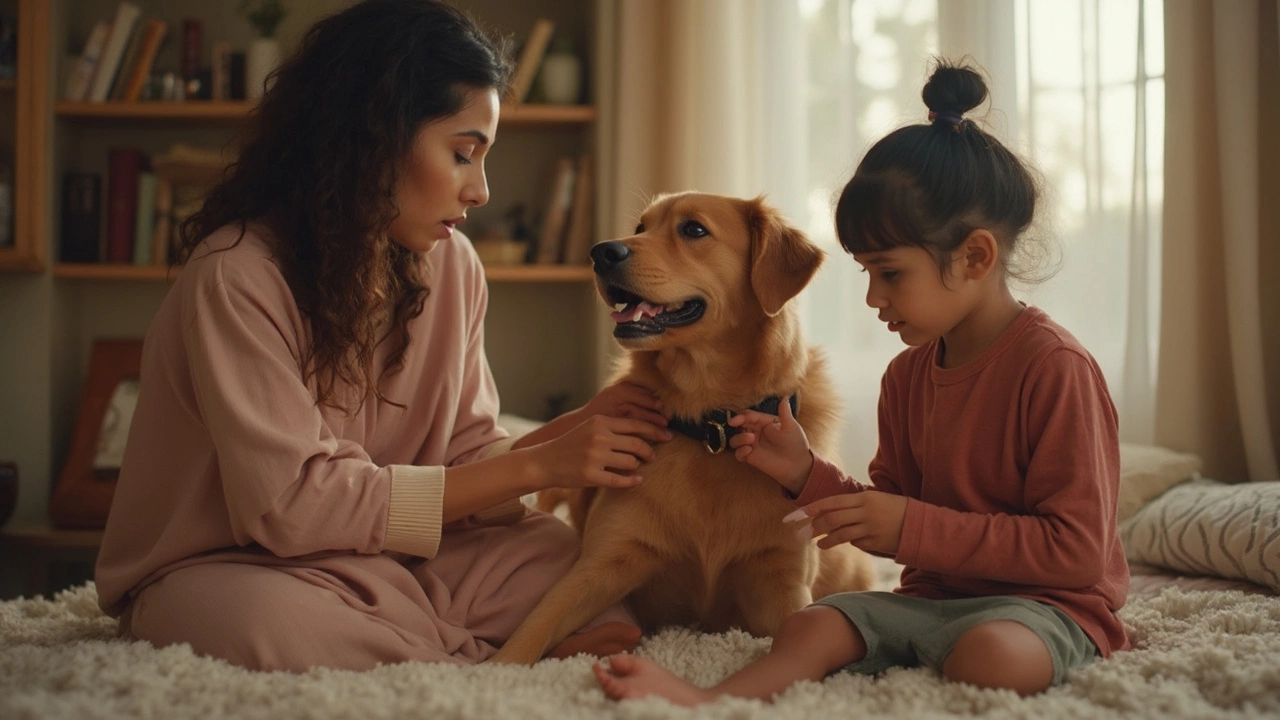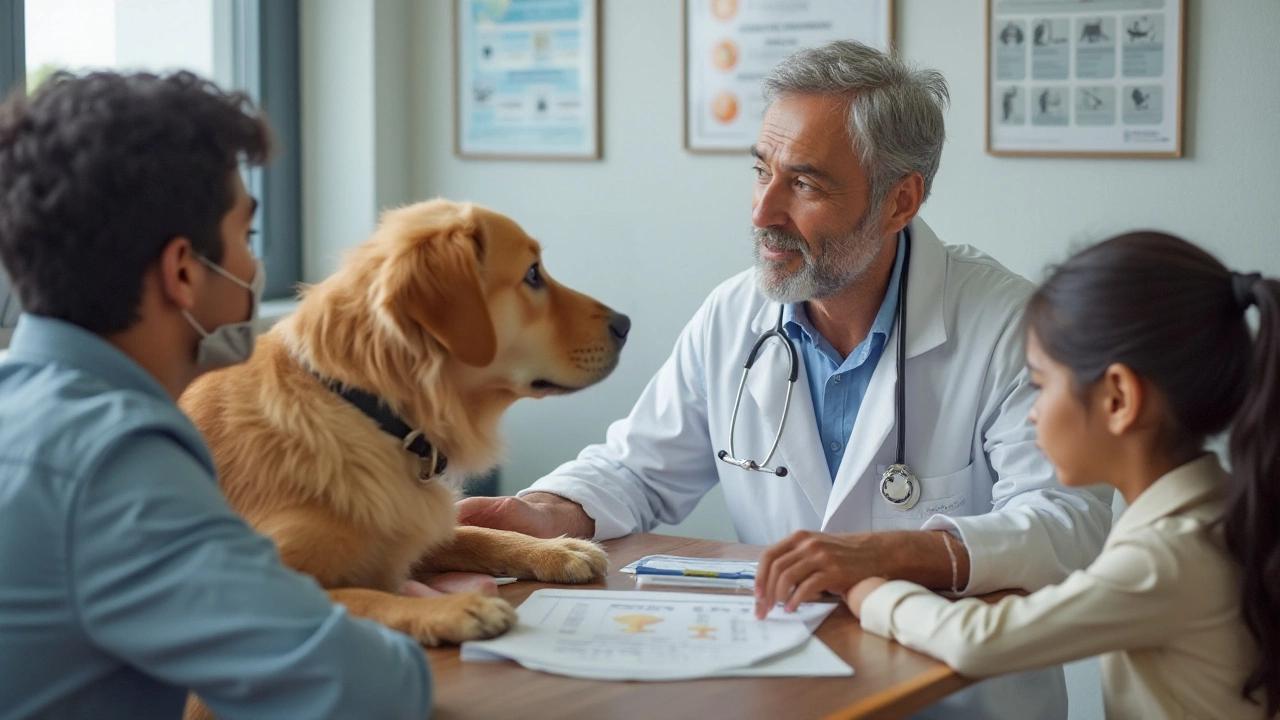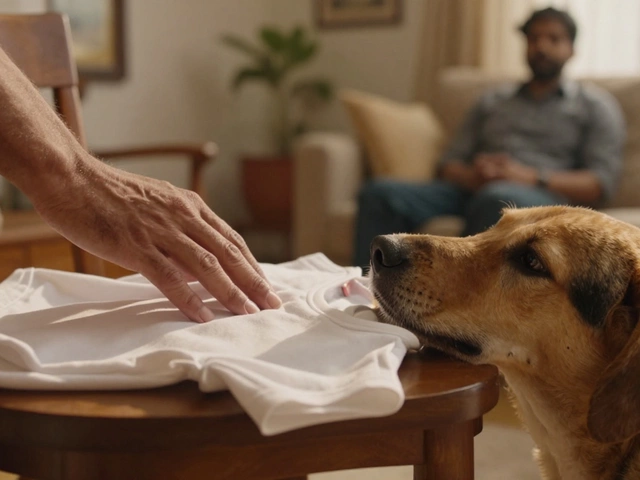Pet Health Resources – Simple Tips for Happy Dogs & Cats
Looking for straight‑forward ways to keep your fur‑baby feeling great? You’re in the right spot. Below you’ll find quick answers on feeding, grooming, anxiety relief, travel safety, and everyday care – all written in plain language you can act on today.
Nutrition & Feeding Hacks
What you put in the bowl matters more than you think. For dogs, a balanced diet should include protein, healthy fats, and a mix of veggies. If you’re curious about pineapple, the short answer is yes – a few chunks are fine and can add vitamins, but avoid the core and give it in moderation. For cats, the debate over dry‑only meals continues. Dry kibble is convenient, yet adding a splash of wet food or a small amount of safe meat can boost hydration and keep picky eaters interested. Want to know how much wet food a 10‑lb cat needs? Roughly a half‑cup spread across two meals usually does the trick, but always check the label and adjust for activity level.
Mixing wet and dry food for cats is also a solid strategy. It gives texture variety and can improve water intake, which supports kidney health. Just keep an eye on total calories to avoid weight gain.
Grooming, Travel & Everyday Care
Grooming isn’t just about looking good; it’s a health checkpoint. If you wonder why a grooming session can take four hours, it’s because pros clean, trim, bathe, and check skin condition step by step. At home, you can shave that time down by brushing daily, trimming nails weekly, and using a high‑quality shampoo once a month. Need to save money? Basic tools like a slicker brush, nail grinder, and ear cleaner are inexpensive and last long.
Travel worries? Many airlines let pets in the cabin, but cargo travel has its own risks. Dogs can tolerate cargo if the carrier is climate‑controlled and you’ve pre‑checked breed restrictions. For short flights, some owners ask if dogs can sit on the airplane seat – most airlines say no, but a small carrier under the seat is usually allowed.
Dogs coping with separation anxiety often benefit from background TV. Choose calm nature shows or soft music at a low volume; it mimics human presence without overstimulating. If your dog stretches when you walk in, it’s a greeting signal mixed with excitement – no need to worry, just give a quick pet and move on.
Housebreaking a puppy or a full‑grown dog follows similar timelines: most pups stop peeing indoors by 4‑6 months if you stay consistent with cue words, scheduled walks, and praise. When the puppy finally outgrows the crate (usually around 12‑18 months), transition to a comfy dog bed in a quiet corner to keep them feeling secure.
Got a fresh haircut and your pup looks nervous? Offer a favorite blanket, speak softly, and give a treat. Most dogs settle within a few minutes once they associate the grooming chair with positive rewards.
All these tips come from the articles tagged “pet health” on our site – from nutrition breakdowns to travel guides. Bookmark the page, try one tip a week, and watch your pet’s wellness improve without the stress of endless research.

Dog Collar Comfort: Should Your Pup Really Wear One All the Time?
Is it actually okay for dogs to wear collars nonstop? This article breaks down what happens when your dog wears a collar 24/7, looking at comfort, safety, and skin health. Find out what to watch out for and if you should let your dog sleep or chill collar-free. Get simple advice on the right collar fit, materials, and how to keep your dog happy and safe. Real-life tips make it easy to do what’s best for your furry buddy.
read more
Can Cats Thrive on Just Dry Food?
Is it possible for cats to live a healthy life on a diet of only dry food? This article explores the nutritional needs of cats, the benefits and drawbacks of dry food, and important tips for ensuring your furry friend stays healthy. Dive into essential insights about feline hydration, the importance of balanced meals, and how to make the best choice for your pet.
read more
Choosing the Right Dog Health Supplements for Your Pet
Selecting the best health supplements for your dog doesn't have to be overwhelming. This article provides insights on understanding your dog's nutritional needs and offers practical tips for choosing high-quality supplements that will benefit your pet. Learn about different types of supplements, key ingredients, and essential factors to consider before making a purchase. Remember, a well-informed choice means a healthier and happier pet.
read more
When Should You Stop Vaccinating Your Dog?
Vaccinating your dog is vital to ensure their healthy life, but knowing when to stop isn't always clear. This article explores age-related vaccination guidelines, special considerations for senior pets, and how to discuss a personalized vaccination plan with your veterinarian. It provides insights into vaccine types and their necessity over a dog’s lifespan. Understanding these aspects can help make informed decisions about your dog's healthcare.
read more
Understanding the 7-in-1 Vaccine for Dogs: Key Benefits and Insights
The 7-in-1 vaccine for dogs is a crucial component in maintaining a pet's health, combining protection against multiple diseases in one shot. It covers serious ailments, including canine distemper, hepatitis, and parvovirus, among others. This multi-protection approach simplifies the vaccination process, ensuring significant safeguarding of your dog's well-being. Continuing your dog's vaccinations according to schedule can drastically reduce their risk of serious illnesses. Understanding the components and timing of this vaccine is essential for responsible pet ownership.
read more
